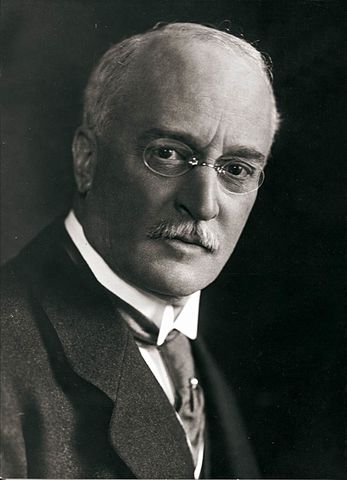- March 31, 2023
- By Tess
- In Uncategorized
- Tags Vehicle Tips
- 716
- 0

The diesel engine is a technology that has become a cornerstone of modern transportation and industry. It has revolutionized the way we power vehicles, boats, and machines, and has had a profound impact on global energy consumption. But despite its widespread use, there are still many surprising facts about the history of the diesel engine that most people don’t know. In this article, we’ll explore 5 of the most interesting and surprising facts about the diesel engine.
Most people know that Rudolf Diesel is the inventor of the diesel engine, but few know about his personal beliefs and values. Diesel was actually a pacifist who believed that technology could be used to improve the lives of people around the world. He was deeply concerned about the environmental impact of traditional power sources like coal and steam engines, and set out to create a new, more efficient engine that could run on a variety of fuels.
Diesel’s pacifist beliefs were so strong that he actually went missing for several days in 1913, prompting a massive manhunt throughout Europe. It was later discovered that he had fled to England to avoid being drafted into the German military. Sadly, Diesel’s commitment to pacifism ultimately led to his untimely death. In 1913, he boarded a ship to England to attend a meeting about his engine, but he disappeared en route and was later found dead in the English Channel. Although the official cause of death was never determined, many believe that he committed suicide.
One of the most surprising facts about the diesel engine is that it was originally designed to run on peanut oil. Diesel believed that vegetable oil was the ideal fuel for his engine, as it was renewable, non-toxic, and widely available. In fact, he ran many of his early experiments using peanut oil as fuel.
However, as diesel engines became more popular, they began to be used primarily with petroleum-based diesel fuel. Today, many people are rediscovering the benefits of vegetable oils as a fuel source, and there is a growing movement of people who are using vegetable oil to power their diesel engines.
During World War II, diesel engines played a critical role in military operations. Diesel-powered tanks, ships, and aircraft were used extensively by both the Allies and the Axis powers. In fact, the German military relied heavily on diesel engines, as they were more efficient and reliable than gasoline engines. Diesel engines were also used to power submarines, which allowed them to remain submerged for longer periods of time.
One of the key advantages of diesel engines is that they are more efficient than gasoline engines. Diesel engines convert a higher percentage of the energy in the fuel into usable power, which means they are able to produce more power with less fuel. This efficiency also translates into lower emissions, as diesel engines produce fewer greenhouse gases than gasoline engines.
Although diesel engines are widely used in Europe, they have never been as popular in the United States. There are a few reasons for this. First, diesel fuel has historically been more expensive in the United States than in Europe, which has made diesel engines less attractive to American consumers. Second, diesel engines tend to be more expensive to produce than gasoline engines, which has made them less competitive in the American market.
However, there are signs that this may be changing. In recent years, several automakers have begun to introduce diesel-powered vehicles in the United States, and there is growing interest among American consumers in the fuel efficiency and low emissions of diesel engines.
The diesel engine has a rich and surprising history that spans over a century. From its origins as a pacifist’s solution to environmental concerns to its pivotal role in World War II, the diesel engine has impacted the world in numerous ways. As we continue to grapple with issues of climate change and energy efficiency, the diesel engine remains a powerful and relevant technology. Whether it’s running on peanut oil or diesel fuel, the diesel engine continues to be a vital part of modern transportation and industry.





